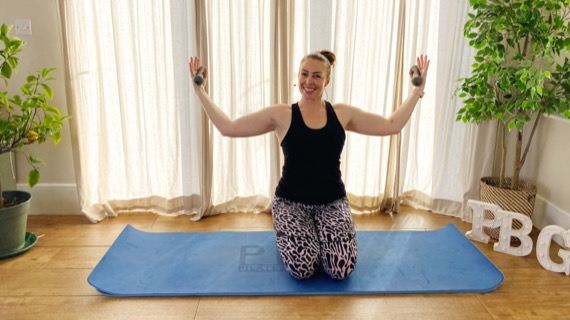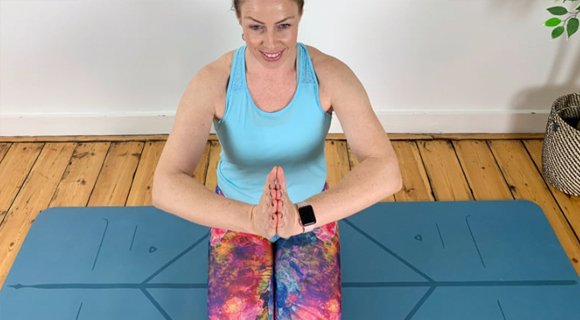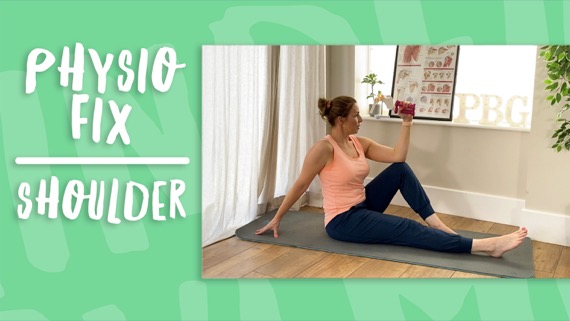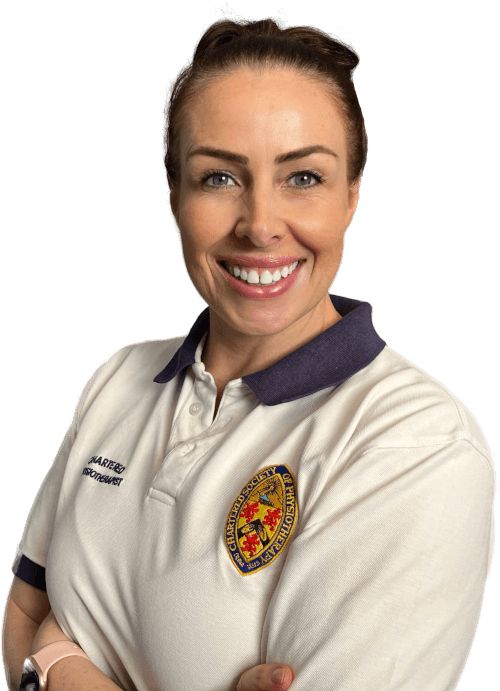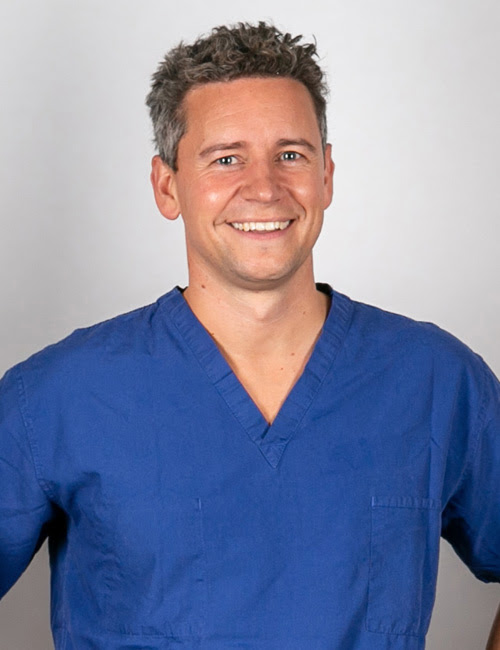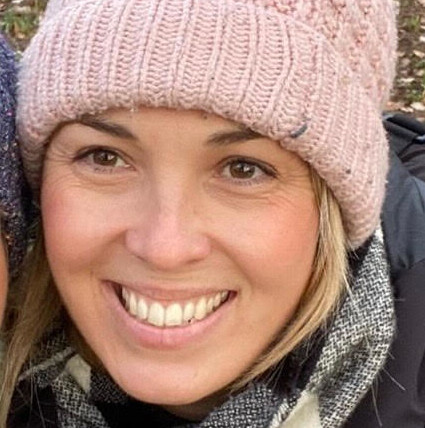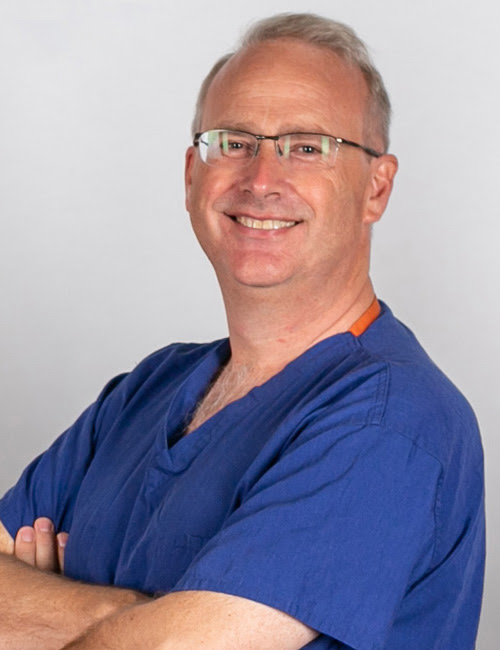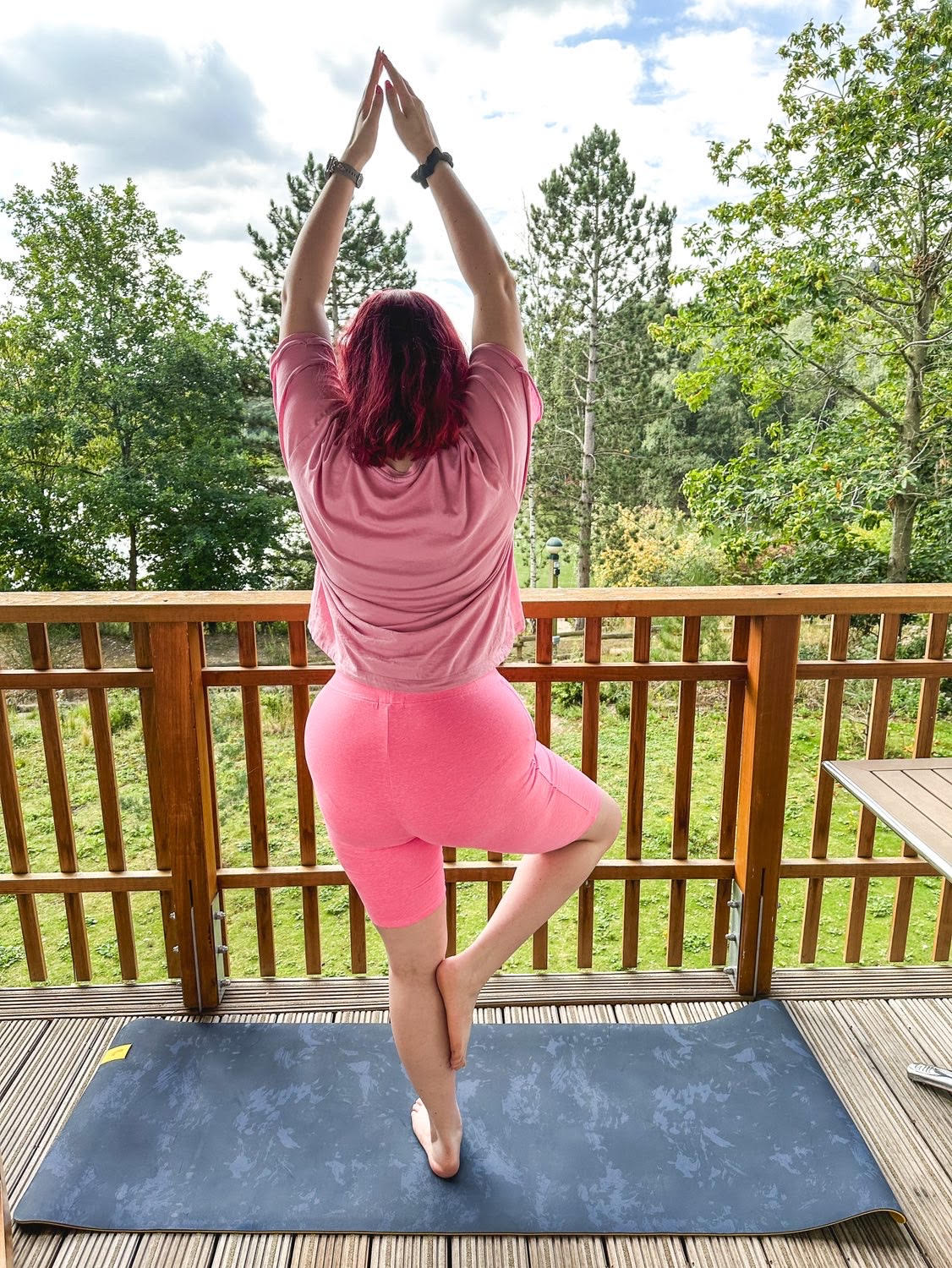Shoulder Pain
Why do we get Shoulder Pain?
The Shoulder joint comprises numerous ligamentous and muscular structures, composed of the clavicle, scapula, humerus and sternum. It is a complex intricately designed combination of four joints, the Glenohumeral, Acromioclavicular, Sternoclavicular, and a "floating joint", known as the Scapulothoracic joint.
The shoulder allows for a large range of motion due to the spheroid shape but this (i.e. a large ball in a small socket) renders it prone to dislocation and other injuries.
All about Shoulder Pain
Causes of Shoulder Pain
Due to complex nature of the shoulder joint it is susceptible to lots of repetitive strain injuries. These can be caused by sports, manual labour, and desk posture. Several factors and conditions can contribute to shoulder pain, specifically high repetition overhead sports such as tennis, swimming and weight lifting.
The most prevalent cause is rotator cuff tendinitis. This is a condition characterised by irritable, inflamed and swollen tendons.
Another common cause of shoulder pain is impingement syndrome where the rotator cuff catches or rubs against the acromion. When you lift your arm, the space between the rotator cuff and acromion narrows, which increases pressure and is often associated with bursitis too which is an inflammation of the fluid-filled cushion in the joint space called bursae.
There is a high correlation between poor posture and shoulder pain so be sure to avoid slouching!
Frozen Shoulder
This condition is where the capsule around the joint has become too tight, stopping you moving your shoulder. Causes are not always known, though sometimes it follows an injury, a heart attack or stroke. The condition will usually ‘thaw out’ and resolve itself in time, but it may take as long as two to three years. The pain can be severe and you may feel sudden muscle pains, severely reduced movement and discomfort at night.
Symptoms of Shoulder Pain
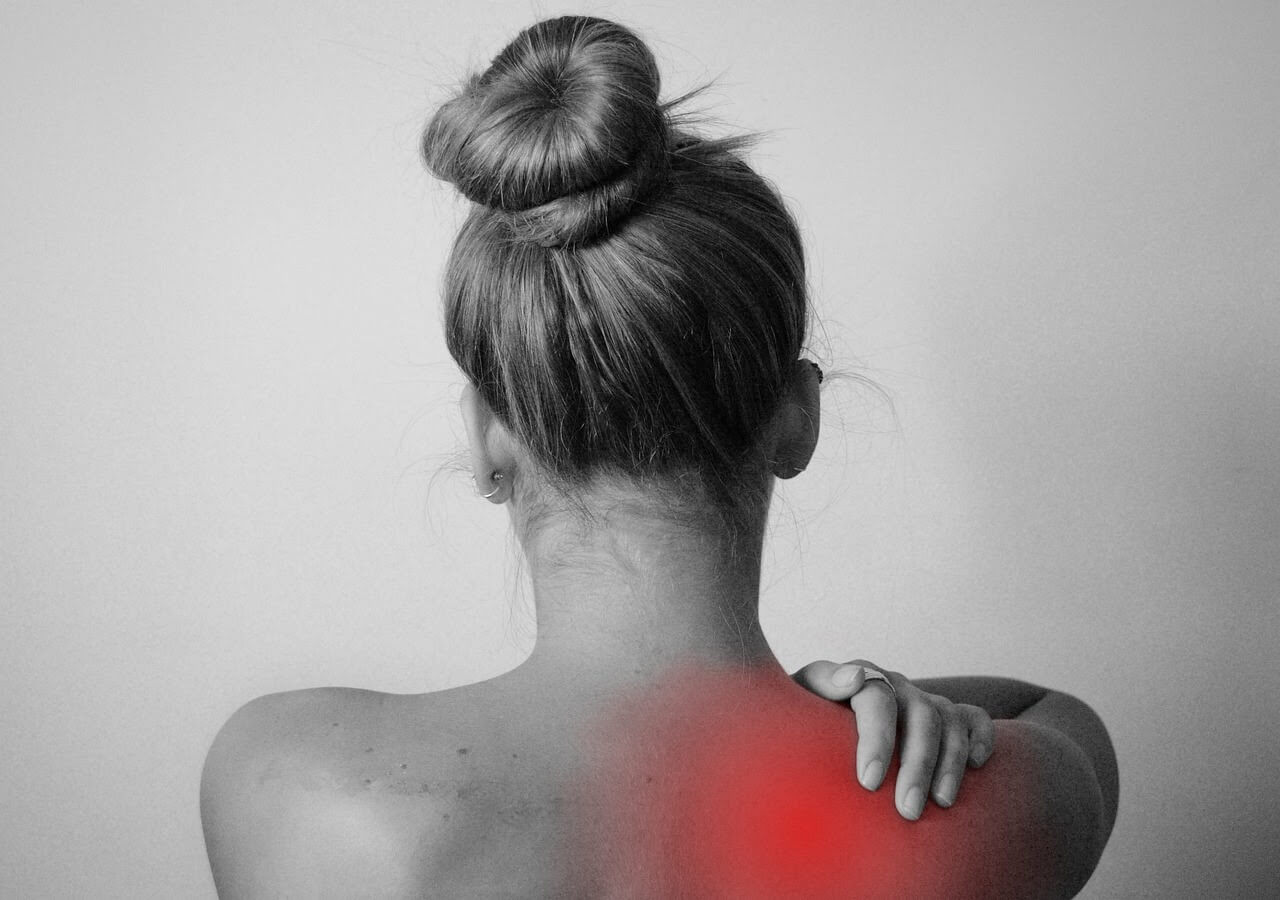
The main symptoms of shoulder pain are:
- Joint pain
- Stiffness
- Swelling
- Difficulty moving the affected area.
Problems in your neck can make your shoulder blade or upper outer arm painful. When this happens it’s known as referred pain or radiated pain. If you’re feeling a tingling sensation in your hand or arm, as well as pain in your shoulder, it’s likely to be from a problem in your neck. See our Neck Pain page for more advice.
Shoulder Pain Treatment
Medication - Seek appropriate pain relief to reduce discomfort and allow for more mobility exercises.
ICE! - Such as a bag of frozen peas wrapped in a towel, against your shoulder for a few minutes several times a day can help ease the pain.
HEAT! - Or try heat: a warm pack on the shoulder for twenty minutes a few times a day can ease stiffness and soreness and help to relax the muscles.
Shoulder Pain Exercises
Watch the PBG information class on Shoulder pain then try the QuickFix exercise class to learn how to mobilise and strengthen your shoulder, to improve function.
Free Class: Quick Fix for Shoulder Pain

 Physio Tip!
Physio Tip!
POSTURE! Posture is crucial for good shoulders and can help injury recovery. Try to sit up straight and draw the shoulders back, avoid slumping and slouching, and ensure your desk set up allows for good posture.
Alert!
Contact your healthcare provider if:
- You have sudden very bad pain and cannot move your arm
- Your arm or shoulder has changed shape or is badly swollen
- You have pins and needles that do not go away
- There's no feeling in your arm or shoulder
- Your arm or shoulder is hot or cold to touch
- The pain started after an injury or accident, like a fall
- You develop sudden, severe pain in both shoulders
- You feel feverish or unwell.
